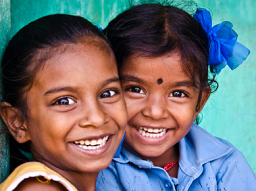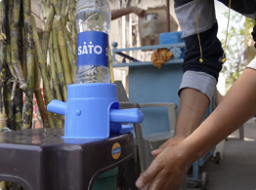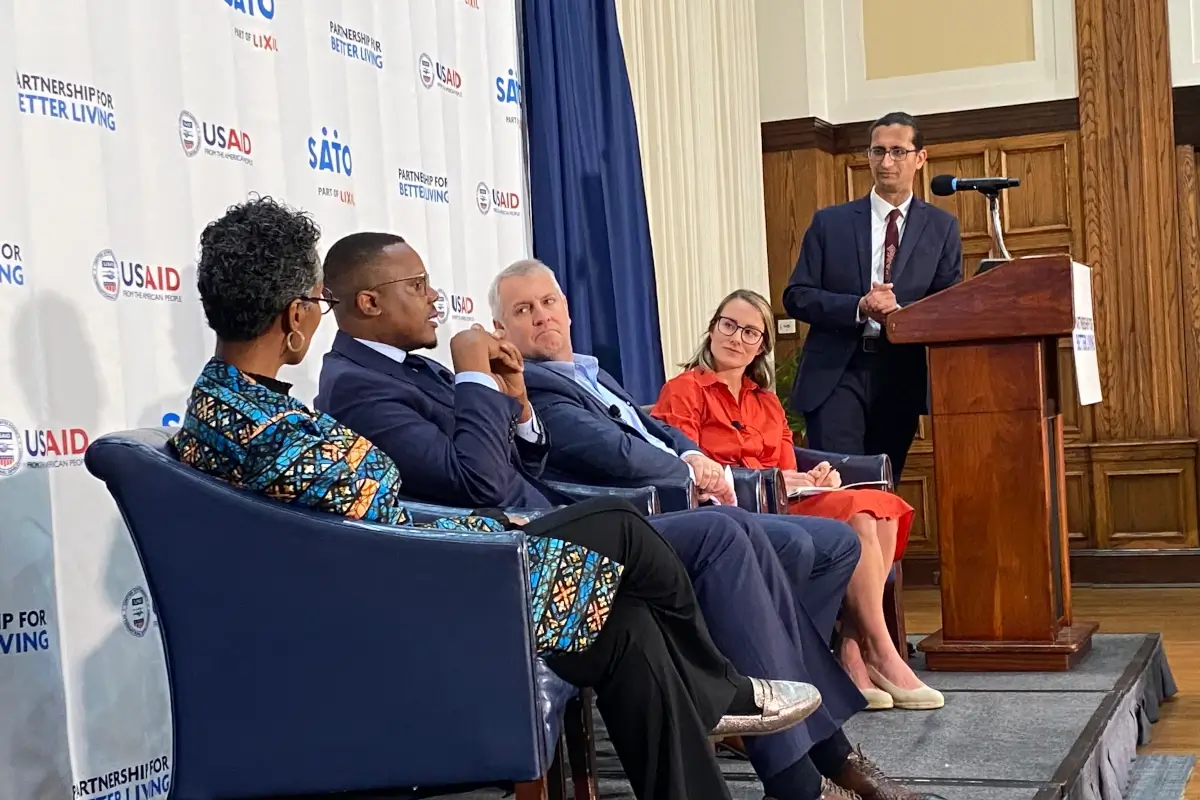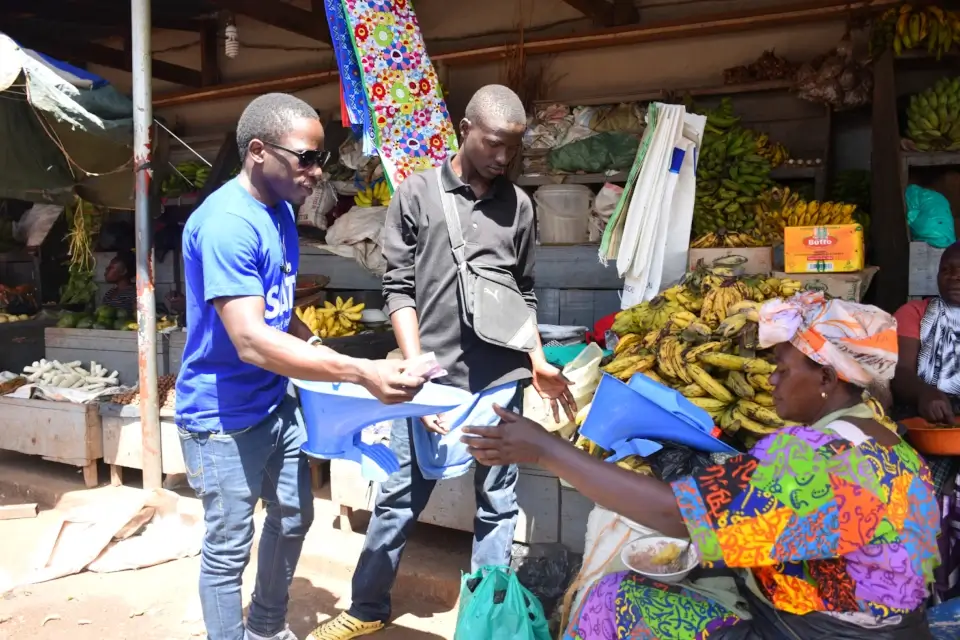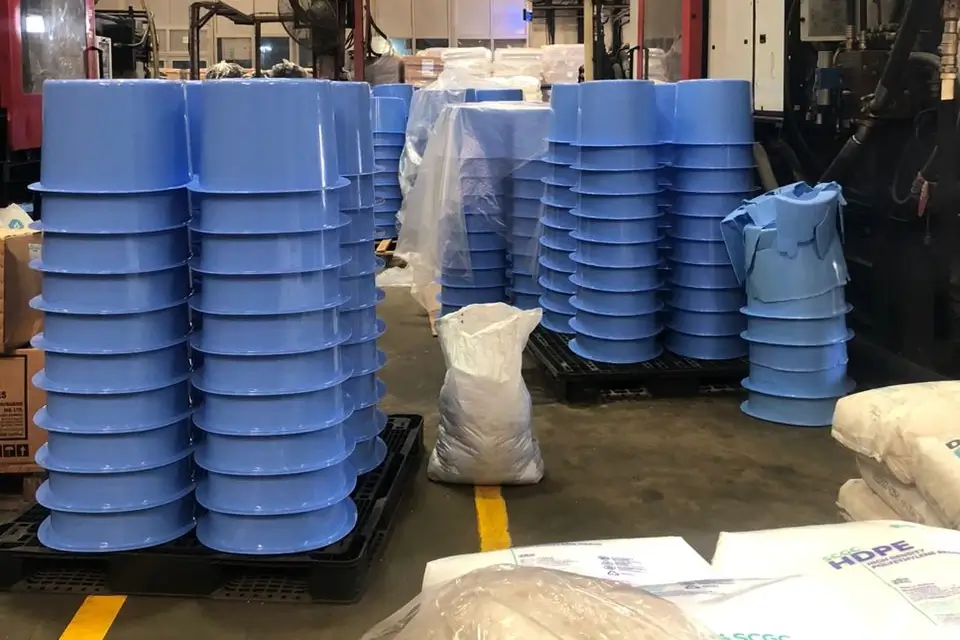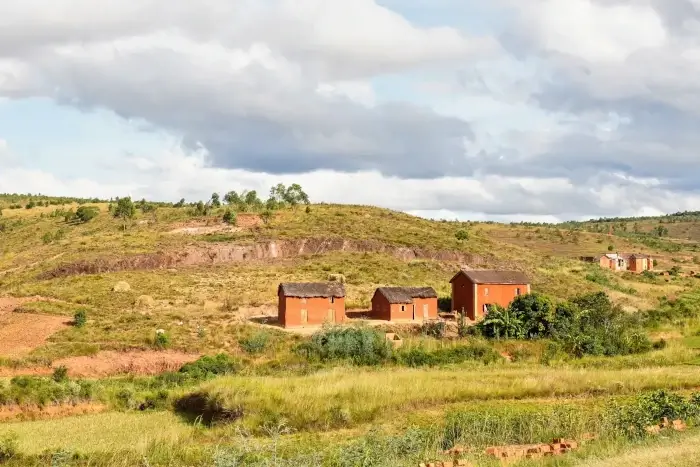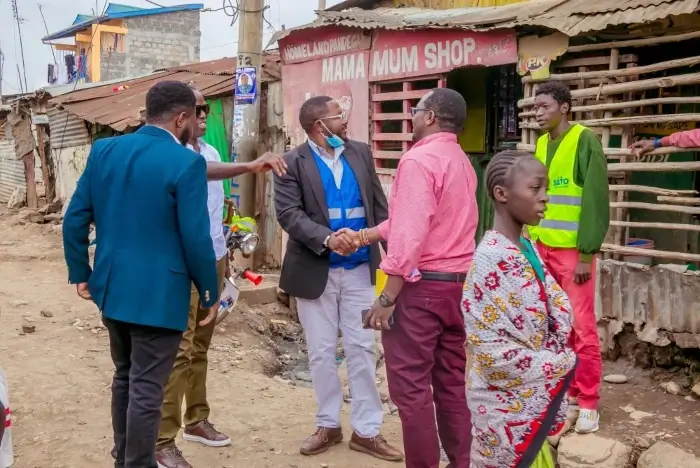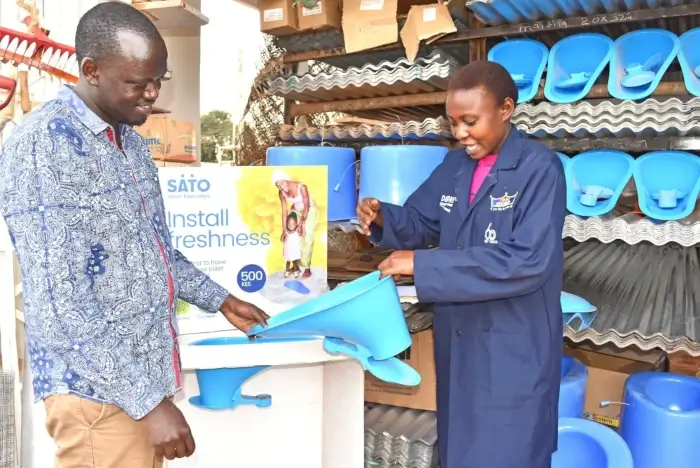Our Partnership with USAID
Under the Partnership for Better Living, USAID and SATO, part of LIXIL, have joined forces to create sustainable sanitation and hygiene markets and improve the lives of more than 2 million people by 2026.
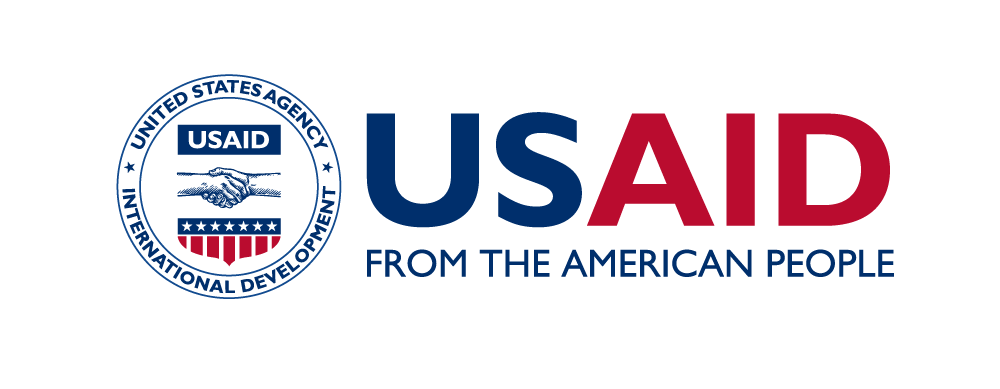
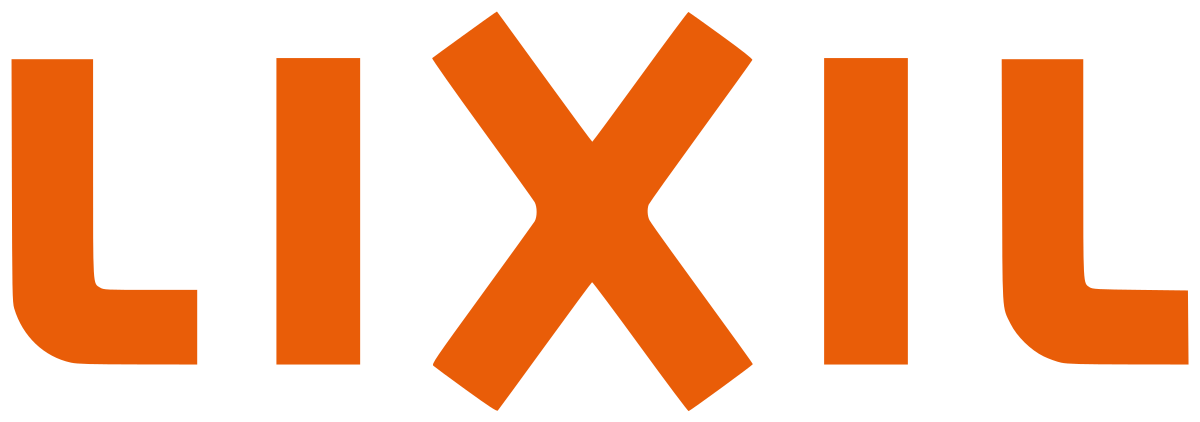
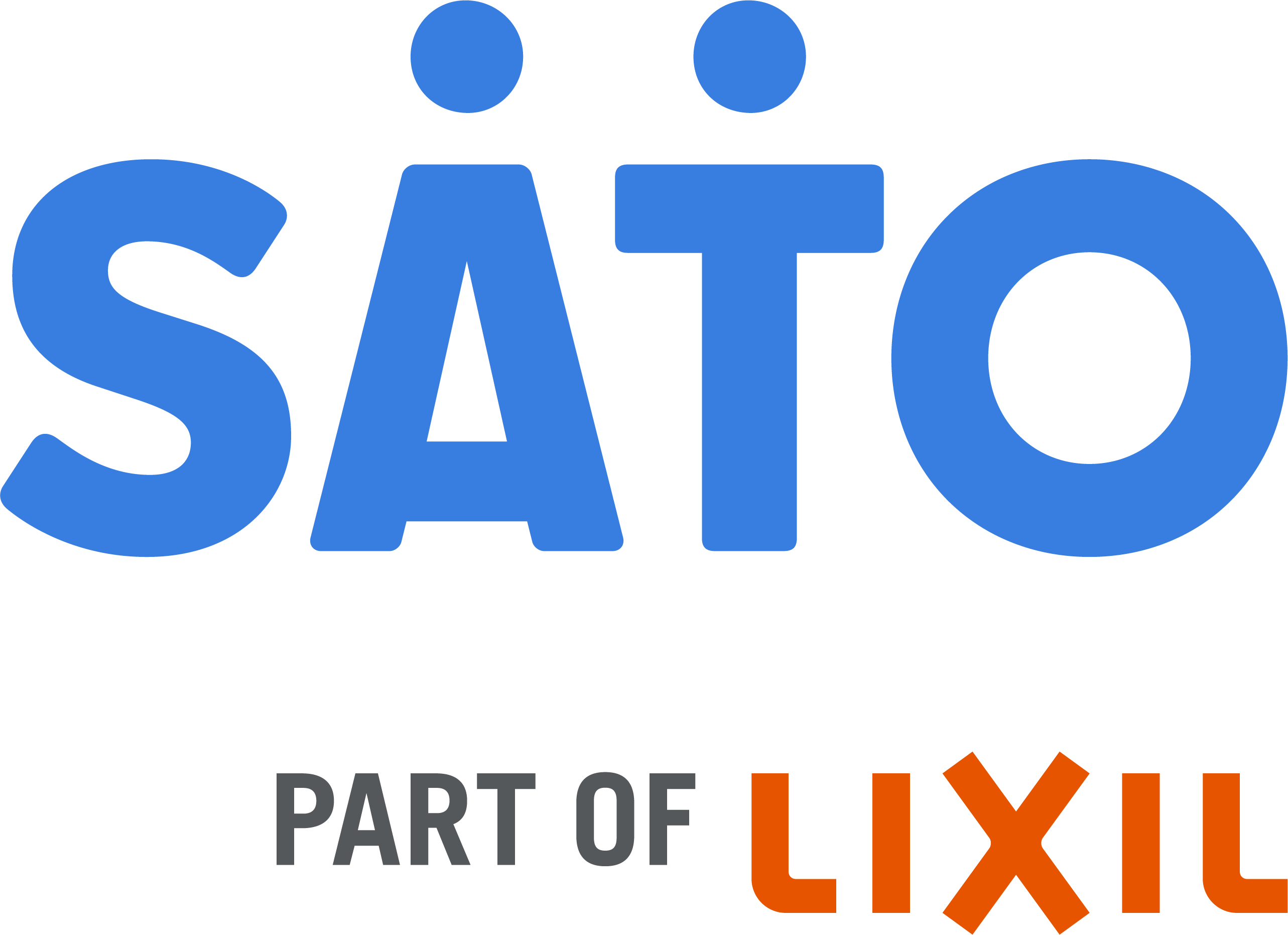
An estimated two billion people — about one quarter of the global population — live without access to safe, sanitary toilets. To solve this challenge and achieve Sustainable Development Goal 6.2 (‘Access to adequate and equitable sanitation and hygiene for all by 2030’), we are teaming up with USAID to ensure SATO’s innovative and affordable products are available to even more people around the world.
Launched in October 2021, the Partnership for Better Living (PBL), is a five-year, $10 million cooperative agreement awarded by USAID to LIXIL to expand the market for SATO’s affordable sanitation and hygiene solutions and to improve the reliability of supply chains for underserved communities in developing markets.
The partnership aims to expand household access to sanitation and increase adoption of key hygiene behaviors through market-based approaches for at least 2 million people by 2026, in support of LIXIL’s overall goal of improving the lives of 100 million people.
Key Objectives
The partnership has three primary objectives:

Our Work in Priority Countries
Working with USAID Missions, NGOs, USAID-funded projects, and supply chain partners such as importers, distributors, retailers, and masons, we aim to increase the availability of affordable toilets and handwashing solutions throughout these countries. Learn more about PBL activities below:
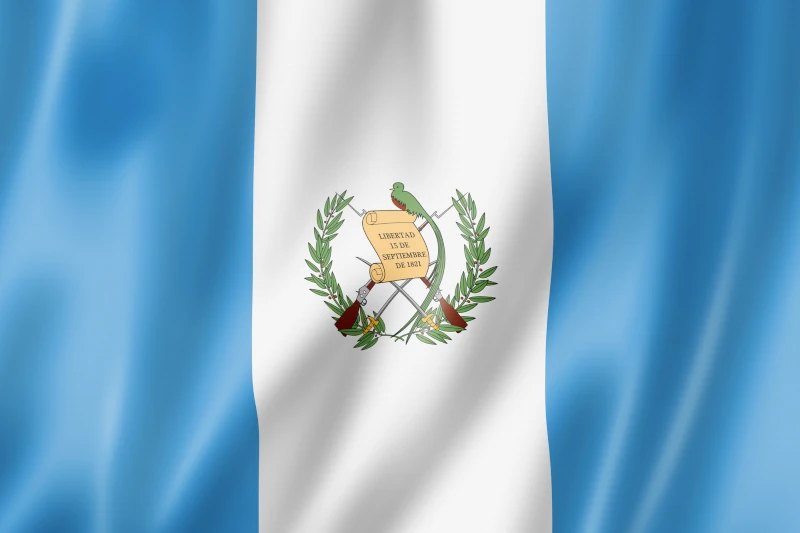
Guatemala
Alongside our partner, Global Communities, we are planning to test the sanitation and hygiene needs and preferences of households in communities in the Huehuetenango and Quiche Departments. Through the USAID I-WASH project, SATO is supporting the shipment of SATO Stools and Taps for market testing, and providing installation guides, sample questionnaires, and surveys in Spanish.
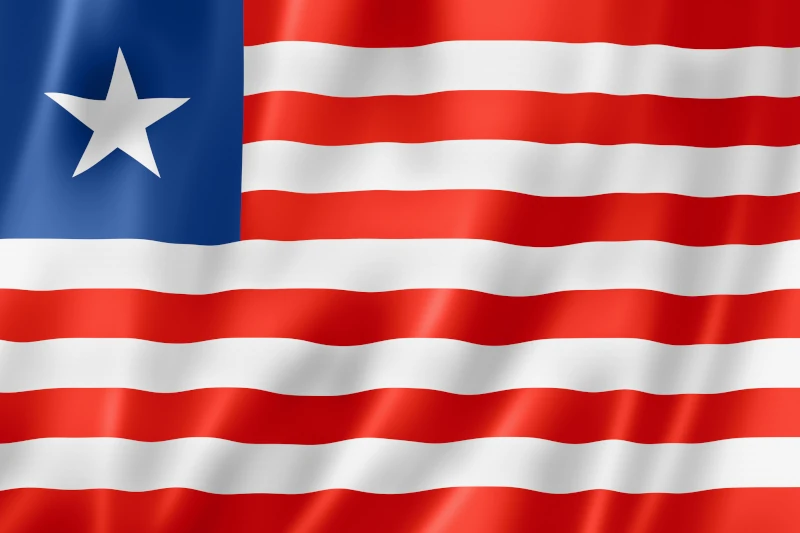
Liberia
With plans to work with the USAID Liberia Mission and PSI, implementer of the USAID Countywide Sanitation Activity (CSWA), we are developing business and action plans responsive to need for local supply of SATO products to support CWSA programmatic success. This effort will support SATO’s W. Africa expansion, along with our work in Senegal.
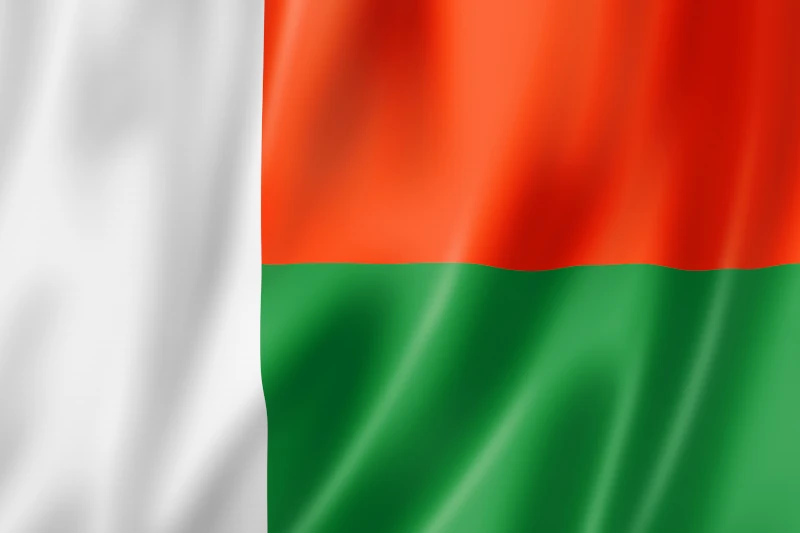
Madagascar
Our focus here is ensuring a reliable supply of SATO products through a local importer/manufacturer, hiring a marketing firm to increase brand awareness of SATO, and developing SATO supply chains in Malagasy cities in anticipation of the upcoming USAID Urban Sanitation Program (USP). Together, these activities will accelerate market development and establish SATO as an affordable, aspirational solution for the Malagasy consumer.
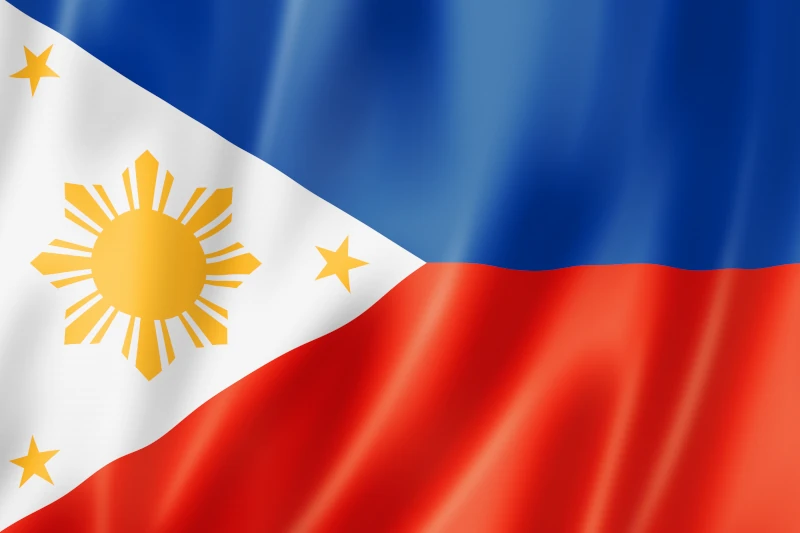
Philippines
Our work in the Philippines commences with hiring a Territory Field Officer to lead the successful growth and development of SATO’s business where sanitation needs are among the Philippines’ greatest. Additional activities include conducting a partner landscape analysis, supporting demand generation campaigns for SATO products, and testing e-commerce platforms.

Senegal
We are implementing activities that include establishing a licensed importer for SATO products, designing a national-level marketing campaign, and piloting a francophone and Wolof version of our Customer Experience Center (CEC) which has been successfully used in East Africa and Asia. This is all in an effort to ensure the existence of a reliable supply chain, building on the momentum created through prior USAID sanitation projects in Senegal.
Market-based: For Sustainability & Impact
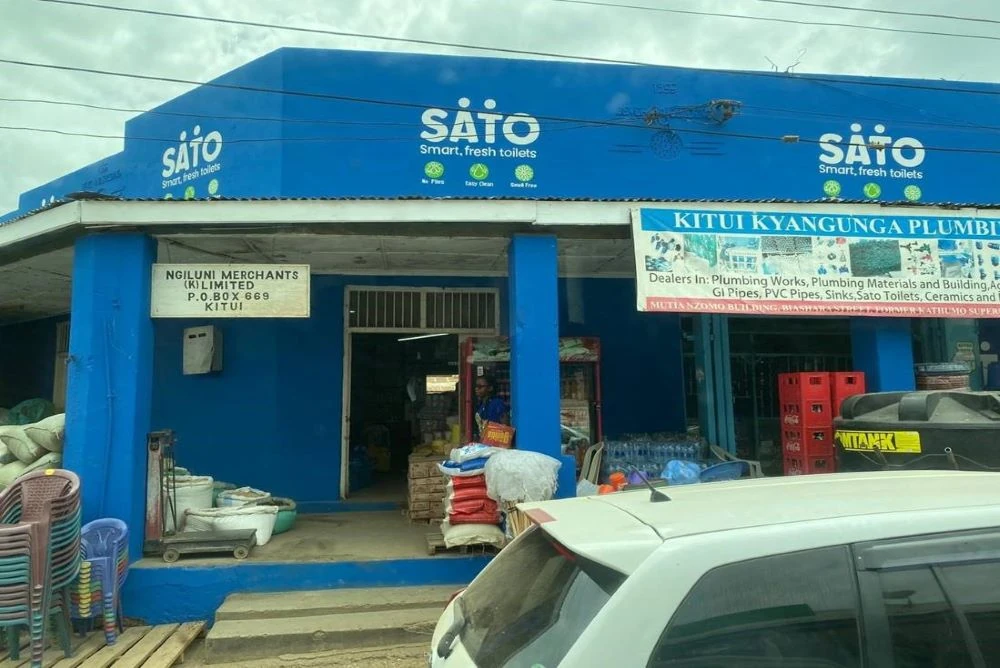
Ensuring people can – and will – invest in toilets and handwashing solutions for their homes, schools, and healthcare facilities means making sure these products are desirable, affordable, and easy to purchase for consumers everywhere. Combining the scale and reach of USAID, with the commercial and innovation expertise of SATO, part of LIXIL, PBL is employing a market-based approach to solving the global sanitation challenge.
Through our partnership, we are leveraging the resources and capacity of the private sector (supply chain partners, local entrepreneurs, plumbers and masons) to ensure consumers have access to goods and services within their communities for the long term. As laid out in USAID’s Private Sector Engagement policy, such market-based approaches to development can lead to greater scale and sustainability of outcomes.
These activities will build on past USAID and SATO collaborations dating back to 2017 through projects such as Transform WASH in Ethiopia and Uganda Sanitation for Health.
